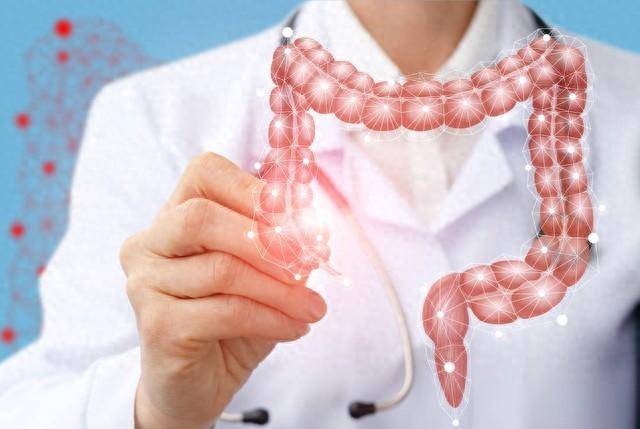
Colon cancer refers to a malignant tumor that occurs in the epithelial cells of the colon mucosa and is one of the common malignant tumors worldwide. Its occurrence is related to many factors such as heredity, environment, and living habits. The disease progresses slowly and the early symptoms are not obvious, so it is often discovered in the late stages of the disease.
According to the World Health Organization, colon cancer has a high incidence rate worldwide and ranks third in cancer mortality among men and women.
Since the early symptoms of colon cancer are not obvious, most patients have already entered the middle and late stages when diagnosed. Therefore, it has a greater impact on patients' quality of life and survival.

The diagnosis of colon cancer mainly relies on medical history, physical examination, colonoscopy and imaging examinations. Treatment methods include surgery, radiotherapy, chemotherapy, etc.
Among them, surgery is the main method for treating colon cancer.
2. Postoperative quality of life adjustment(1) Postoperative dietary adjustments1. Dietary principlesPostoperative diet should be light, easy to digest, and nutritious, and avoid irritating and greasy foods.

2. Dietary adviceYou can eat more high-protein, low-fat foods, such as fish, chicken breast, tofu, etc.
The article is not finished. Click on the next page to continue.
The article is not finished. Click on the next page to continue.
Next page


















